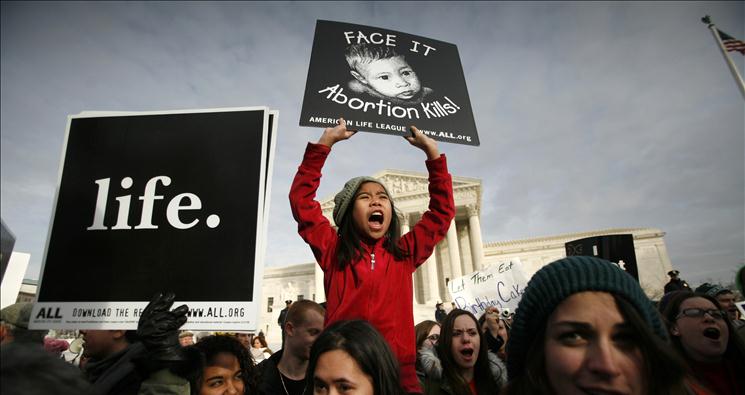The Legal Significance of Labeling Pro-Life Speech ‘Torture’
Kathryn Lopez has been covering the ongoing effort by radical pro-abortion NGOs to apply the U.N. Convention against Torture to the Catholic Church for — among other things — its international pro-life advocacy. The argument is so facially irrational that one would be tempted to dismiss it out of hand. Not even the U.N. could be so blindly malicious and ideological that it would attempt to destroy the church’s rights of free speech and religious liberty for the sake of protecting abortion-on-demand, could it?
Moreover, even if the U.N. Committee against Torture moved against the Vatican, such an action would be irrelevant to American courts and American constitutional law, wouldn’t it?
In fact, there is cause for concern. To be clear, the effort by the Center for Reproductive Rights clearly and explicitly targets the church’s rights to free speech and religious liberty. Here’s an excerpt from its recommendations to the Committee:
Note that the Holy See has negatively interfered with states’ attempts to develop legislation on abortion that would have served to better protect women from torture or ill-treatment. Note that the Holy See’s actions are a violation of Articles 1, 2, and 16 of the Convention against Torture and that the rights of freedom of speech and of religion extend only so far as they do not undermine women’s reproductive rights, including the right to be free from torture or ill-treatment. (Emphasis added.)
This is an astonishing statement, one that clearly targets the Catholic Church’s pro-life advocacy, equating it with state-sanctioned “torture or ill-treatment” of women and girls. By equating advocacy with torture, the Committee could begin an international legal process that would cause the U.N. to review statements or actions by pro-life public officials as “torture” within the meaning of the Convention. Radical pro-abortion groups would file amicus briefs citing new international legal standards equating pro-life advocacy with torture, thus claiming such advocacy is beyond the protection of the First Amendment. Indeed, the argument would be simple (and chilling): By permitting unfettered pro-life advocacy — by public officials and private citizens — the United States would be in violation of international law, specifically by torturing its own citizens.
Though the U.S. ratified the Convention against Torture only with significant reservations, international law has proven persuasive to the Supreme Court (and lower courts) on a number of occasions. Even without the aid of international law, the argument that pro-life speech is somehow inherently suspect is already present in the American constitutional debate, with viewpoint-discriminatory restrictions on speech outside abortion clinics (for now) part of the legal landscape. Abortion activists would gain a significant new legal and rhetorical weapon if the U.N. Committee were to apply the Convention against Torture to the effort to preserve innocent life.
It’s difficult to overstate the perversity of the abortion lobby’s U.N. argument. There are few acts more barbaric than abortion, and the very idea that such barbarism can be insulated even from criticism insults the very notion of free speech and obliterates religious liberty. This is a dramatic escalation of the already-overwrought “war against women” rhetoric, and one that would lead to such absurd results as domestic “women’s groups” accusing conservative candidates of literally torturing voters with pro-life arguments.
At the ACLJ, we’ll be engaging with the Committee through our own affiliated NGO to block the abortion lobby’s efforts (and indeed we started a petition effort that’s already gained more than 15,000 signatures only hours after launch). It’s a sad reality, but the legal defense of our own Constitution often starts overseas, in the halls of a potentially hostile U.N.
One final note: The bright side of this dismal effort is the reality that the abortion lobby is losing the argument. They can’t defend their barbarism in a truly free marketplace of ideas, so their solution is to close the marketplace. They must not succeed.
